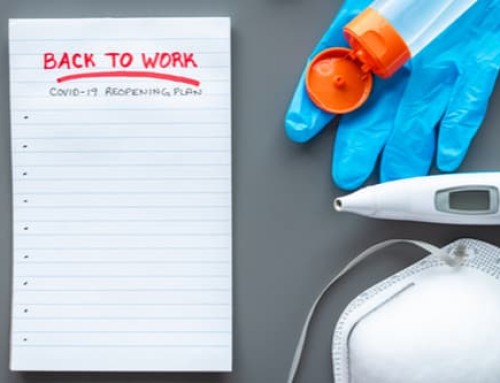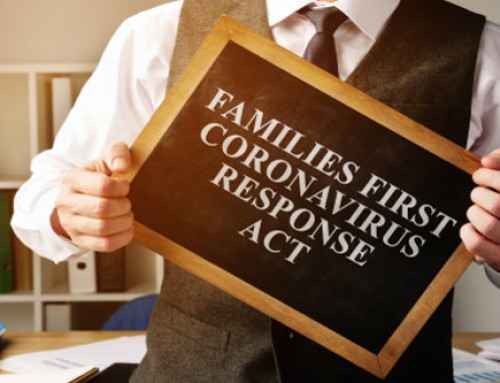As an employment law firm in South Carolina with years of experience, our attorneys routinely advise clients on the constantly changing requirements for compliance with commercial driver’s license regulations. The Federal Motor Carrier Safety Administration (FMCSA), part of the US Department of Transportation, is continuously creating new policies and rules in an attempt to make the roads safer. In 2012, the FMCSA established a database to maintain records of CDL (commercial driver’s license) holders’ violations of the agency’s drug and alcohol testing program for drivers. The rule requires results to be reported to the database and that employers and CDL issuing agencies check the database routinely for violations.
What is the CDL Drug and Alcohol Clearinghouse?
On December 5, 2016, the FMCSA detailed the requirements for a Commercial Driver’s License Drug and Alcohol Clearinghouse. The clearinghouse will be a central database containing the drug and alcohol testing records of CDL holders. The database aims to improve safety on the roads by identifying regulated drivers who committed drug and alcohol violations that disqualify them from operating a commercial motor vehicle (CMV). The final rule took effect on January 4, 2017; employers will need to begin complying with the rule on January 4, 2020.
When employers check the clearinghouse for a current or prospective driver, the information held in the database will alert them of drivers who committed a drug or alcohol violation while driving for another employer, or who try to find work elsewhere. This way, the employer can prevent ineligible drivers from performing safety-sensitive tasks until they complete the return-to-duty process. The clearinghouse attempts to resolve the problem of drivers hiding their drug and alcohol violations by moving from job to job or location to location. Drug and alcohol violation records retained in the clearinghouse will remain linked with the driver’s record for five years, regardless of how many times he or she changes employers, seeks employment, or applies for a CDL in a different state.
What Information Will Be Reported to the Database?
Medical review officers (MROs) and employers must report information about alcohol test results greater than 0.04 blood alcohol content, positive drug test results, refusals to test, and other non-test violations of FMCSA’s drug and alcohol regulations. If an employee’s test results violate the policies, the employee must work with a Substance Abuse Professional (SAP) to resolve the problem. The SAP is also required to report information to the database about drivers participating in the return-to-duty drug and alcohol rehabilitation process. To further verify compliance across employers, laboratories performing drug testing for FMCSA-regulated employers are required to file annual summary reports listing the companies for which they provide testing. The FMCSA will use those reports to identify companies that do not have an active drug and alcohol testing policy.
How Do Employers Use the Database?
Once the clearinghouse is established, employers will be required to check the system to determine whether CMV drivers they employ or might employ have a drug or alcohol test result that violates the FMCSA and U.S. Department of Transportation drug and alcohol testing regulations. The clearinghouse will equip the FMCSA and employers with the necessary tools to identify drivers who are prohibited from operating a CMV and ensure that drivers with disqualifying records receive the required evaluation and treatment before returning to operating a CMV.
Employers will be required to search the clearinghouse for information prior to employing new CMV drivers and at least once a year for current employees to determine whether an employee has incurred a drug or alcohol violation with a different employer that would prohibit him or her from performing safety-sensitive functions. Furthermore, state driver licensing agencies, like the DMV in South Carolina, will be required to check the clearinghouse database whenever a CDL is issued, renewed, upgraded, or transferred.
For more information on how the new FMCSA Drug and Alcohol Clearinghouse will affect you, please contact an experienced employment lawyer at Gignilliat, Savitz, and Bettis, LLP.






